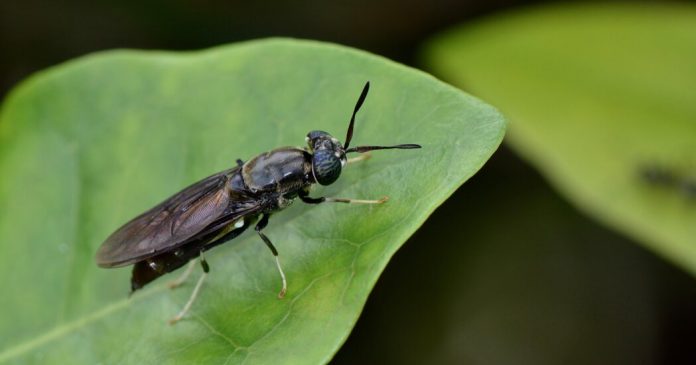When bugs molt, their exuviae comprise chitin, a tough polymer that additionally makes up the shells of crustaceans like shrimp. Microbes, such because the micro organism Bacilli, assist vegetation break down chitin into usable types. And when insect exoskeletons decompose, they spur the expansion of Bacilli and different microbes which are already within the soil.
The researchers targeted on exuviae and frass from crickets, mealworms and black soldier flies, stated Katherine Barragán-Fonseca, a doctoral scholar at Wageningen College & Analysis and an creator of the paper.
Whereas the brand new paper proposes how this round system may work in idea, the researchers have begun to run experiments within the lab and within the subject to find out the way it may work in follow. “That is very thrilling, however how a lot poop do I would like?” Dr. Ngumbi stated, for example.
After experimenting with completely different ratios of frass and exuviae from completely different bugs, Ms. Barragán-Fonseca finalized a powdered combination. She then performed experiments by which she combined a couple of grams of it into the soil earlier than planting mustard. She stated she discovered the combination might enhance plant copy by growing the variety of flowers, attracting much more pollinators. These outcomes are unpublished.
“It’s nice to see the facility that these bugs have,” Ms. Barragán-Fonseca stated. “Trash for somebody is usually a treasure for different functions.”
Insect farming is a rising trade, which means extra insect waste might be produced. This waste was once discarded, however some corporations are starting to promote it as fertilizer, Dr. Dicke stated. Although one insect’s frass could seem negligibly small, it balloons on an industrial scale; a mealworm farmer in Nebraska produces roughly two kilos of frass for each pound of mealworms.
Recycling this waste would make insect farming — which is already extra environment friendly than farming bigger livestock akin to cows and pigs — much more sustainable. “We’re coping with local weather change, which brings a number of stressors,” Dr. Ngumbi stated. “Something to spice up plant productiveness is all the time a plus.”


